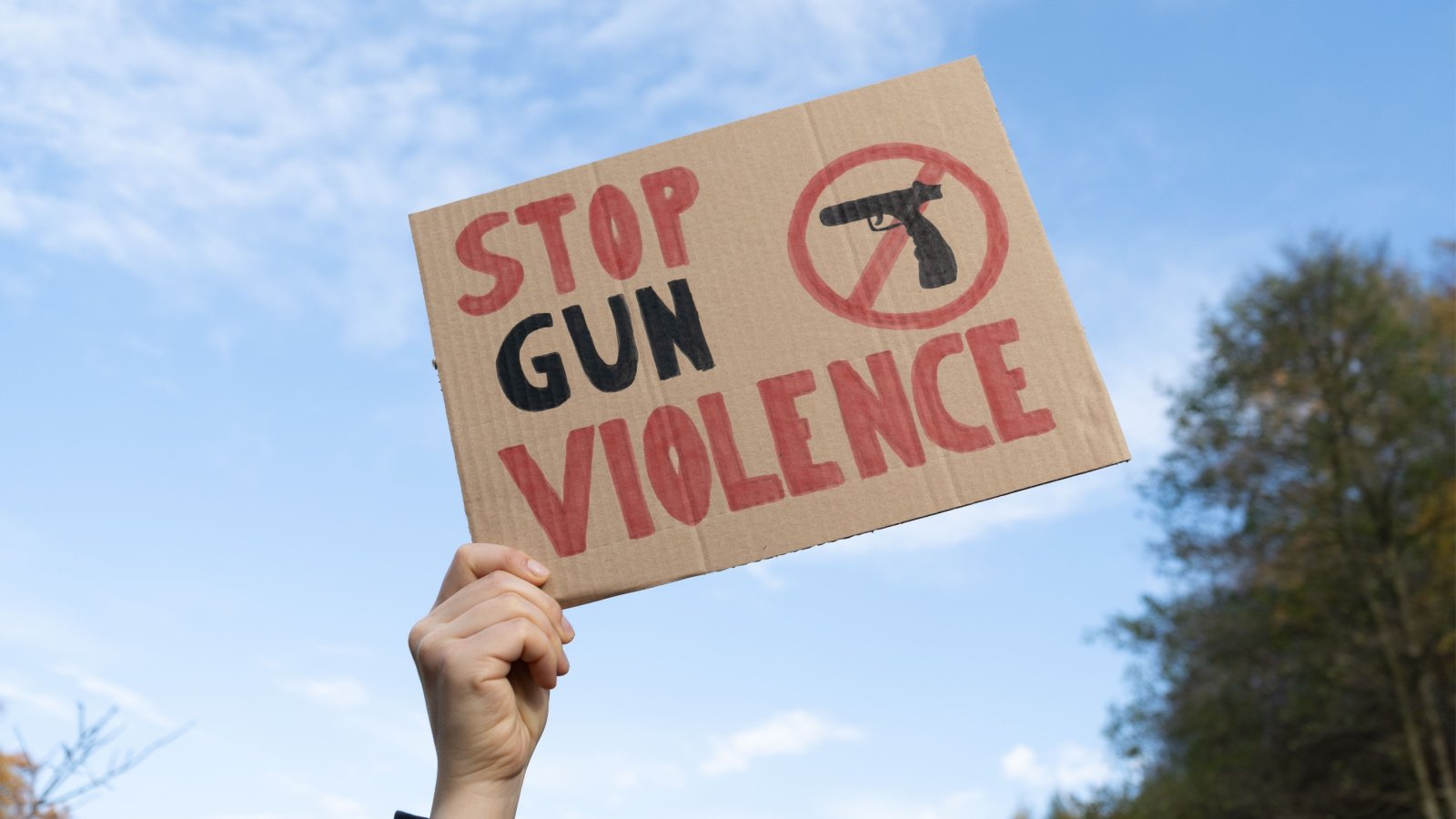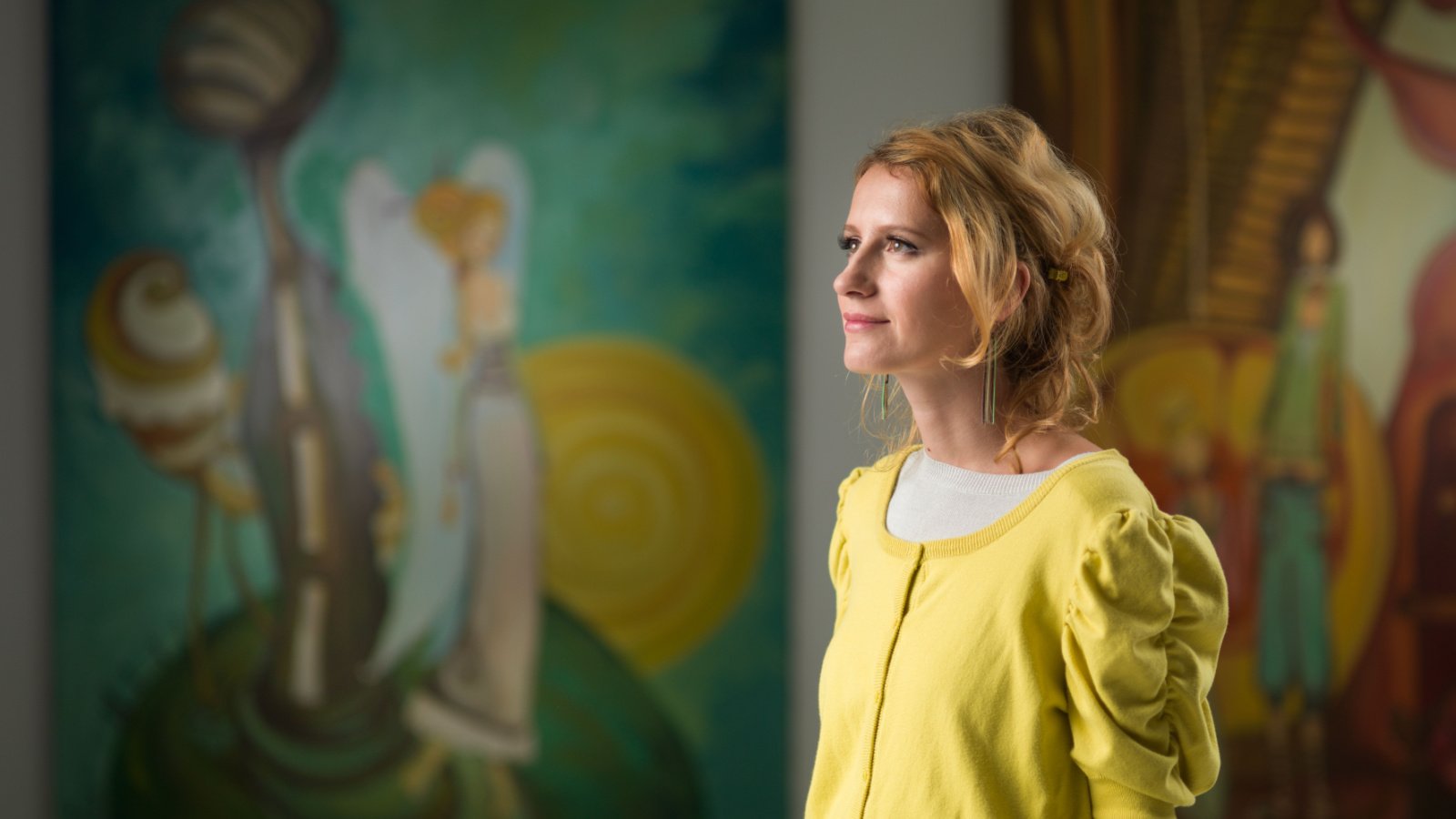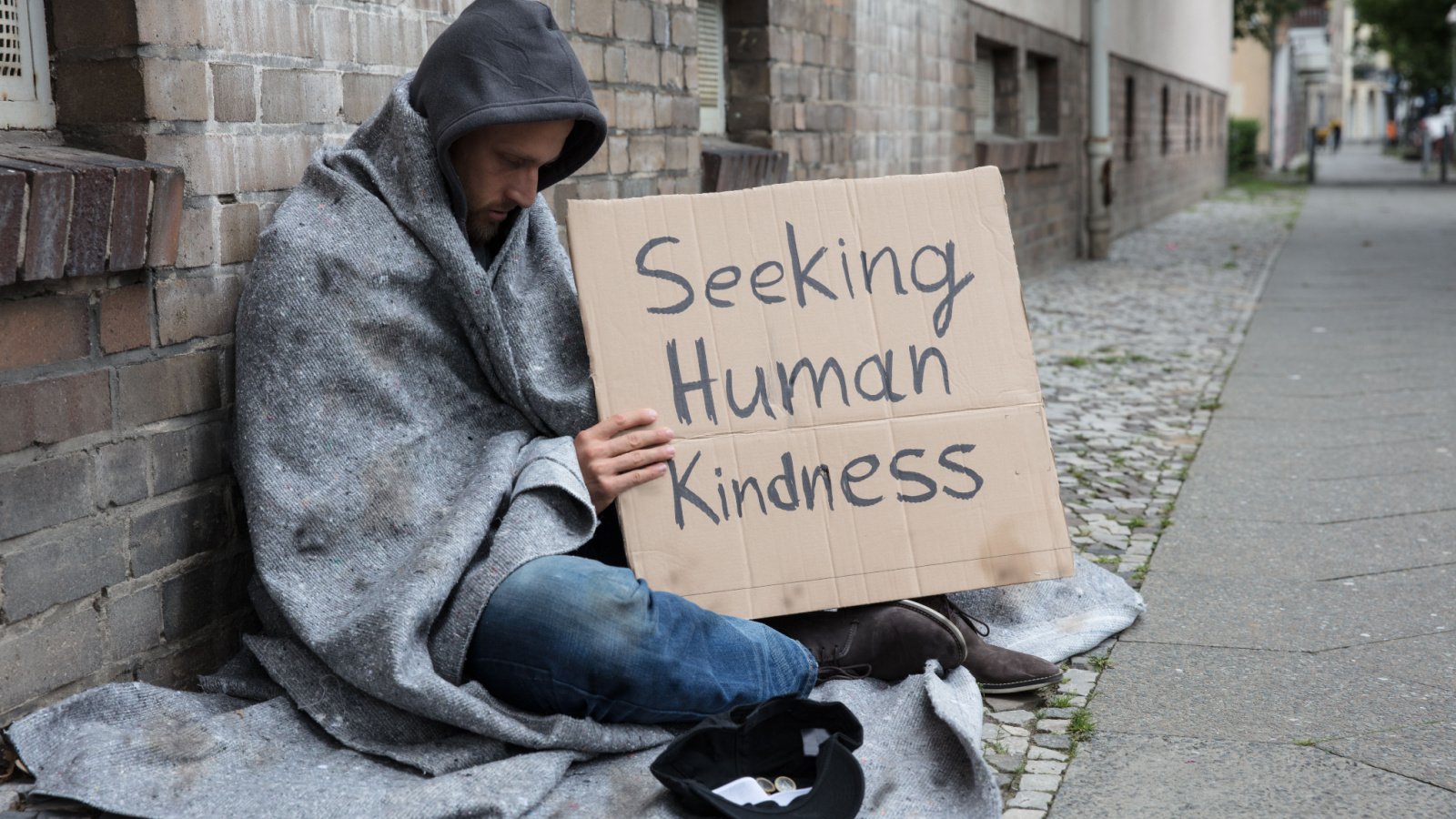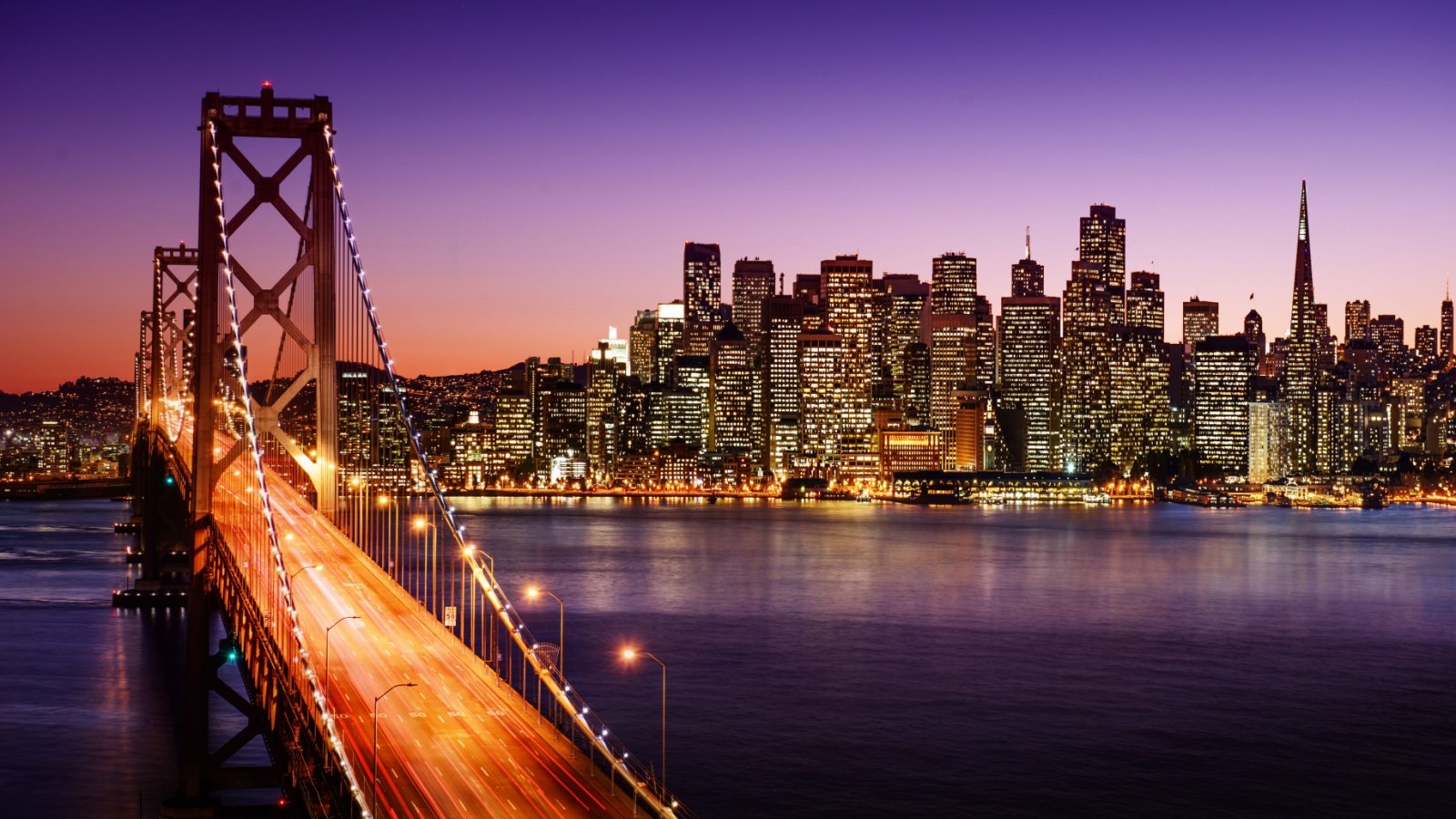Discover misconceptions about American life shared by people from around the globe. From fast food feasts to the universal pursuit of the American Dream, this list peels back the layers of clichés to reveal a more nuanced portrait of the United States. But is there a grain of truth in any of these stereotypes?
Americans Only Eat Fast Food

Many believe that Americans subsist solely on fast food, with burgers and fries as staples. In reality, American cuisine is as diverse as its population, with a vast array of culinary traditions and preferences. From farm-to-table movements to the popularity of organic and vegan diets, the U.S. is home to a vibrant food culture. This diversity showcases the melting pot of cultures that America represents, far beyond just fast food joints.
Everyone Owns a Gun

The stereotype that every American owns a gun is an exaggeration that overlooks the complexity of the country’s relationship with firearms. While it’s true that the U.S. has a high rate of gun ownership, many Americans advocate for stricter gun control laws. In urban and many suburban areas, it’s actually less common for individuals to own guns. The debate over gun ownership is ongoing and reflects a divided stance within the country.
Americans Are Loud and Boisterous

Visitors often perceive Americans as loud and outgoing, mistaking this for the norm. However, like any nationality, Americans vary widely in personality and demeanor. There are just as many reserved and quiet individuals as there are extroverted ones. This stereotype likely stems from the global projection of American movies and TV shows, which often highlight more dramatic personalities.
The U.S. Is Only Cities and Skyscrapers

International perceptions often reduce America to its iconic cities like New York and Los Angeles. Yet, the U.S. boasts an incredible range of landscapes, from rural farmlands to vast national parks. Many Americans live in small towns or suburban areas, enjoying a lifestyle far removed from the urban hustle. The diverse geography of the country is one of its most beautiful and underappreciated aspects.
Americans Are Not Cultured

The stereotype that Americans lack cultural sophistication ignores the country’s rich tapestry of arts, literature, and history. Museums, theaters, and galleries across the nation tell a different story, one of a deep appreciation and patronage of the arts. American universities are renowned for their humanities programs, and cities large and small host cultural festivals that celebrate both American and international traditions. This stereotype overlooks the nuanced and diverse cultural landscape of the U.S.
Everyone Lives the American Dream

The notion of the “American Dream” suggests that anyone can achieve success through hard work, but this simplifies and overlooks the realities many face. Economic and social disparities challenge this ideal, and the narrative doesn’t hold true for everyone. The U.S. grapples with issues of inequality and access to opportunities, making the American Dream more attainable for some than others. The dream, while inspirational, is not a one-size-fits-all reality.
Americans Are Uninterested in World Affairs

There’s a common misconception that Americans are insular and indifferent to what happens outside their borders. In reality, many Americans are deeply engaged in global issues, from human rights to environmental concerns. Universities and think tanks across the U.S. are hubs for international studies and diplomacy. The diversity within the country itself encourages a broader interest in global cultures and politics.
All Americans Are Wealthy

Movies and media often portray Americans as living in opulence, leading to the stereotype that all enjoy high standards of living. However, the U.S. faces significant income inequality, and not everyone experiences this perceived affluence. Many Americans work multiple jobs to make ends meet, and issues like homelessness and poverty are prevalent in many areas. The economic reality for many is far from the glamorous depiction seen on screen.
Americans Are Always Patriotic

While patriotism is a part of American culture, the degree to which individuals express it varies widely. Some may display flags and partake in national holidays with fervor, while others adopt a more critical view of their country’s policies and history. The U.S. is a complex tapestry of views and identities where patriotism takes many forms. This diversity of thought is a strength, allowing for a rich dialogue about what it means to be American.
The U.S. Is a Cultural Melting Pot

The “melting pot” metaphor suggests that all cultural identities blend seamlessly into a single American culture. In practice, the U.S. is more of a mosaic, where diverse cultures coexist while maintaining distinct identities. Many communities celebrate their heritage through festivals, food, and traditions, contributing to the rich cultural landscape. This diversity is a cornerstone of American identity rather than a homogeneous blend.
Americans Are Overly Casual

Visitors sometimes interpret the American dress code and manners as too casual, especially in professional or formal settings. However, this informality is a sign of the value placed on comfort and individual expression. In many business and social contexts, Americans do adhere to formal protocols, and etiquette varies by situation. The casual approach often fosters a more open and relaxed atmosphere, encouraging dialogue and interaction.
Sports Are Only About Football, Baseball, and Basketball

While football, baseball, and basketball are undeniably popular, the U.S. sports scene is far more diverse. Soccer, hockey, and tennis, among other sports, have dedicated followings, and niche sports like lacrosse and ultimate frisbee are growing in popularity. The variety of sports reflects the diverse interests of the American population, and international competitions often see Americans enthusiastically supporting a wide range of athletes.
All Americans Speak Only English

The belief that all Americans are monolingual overlooks the multilingual reality of the country. Spanish, Chinese, French and many other languages are spoken in homes across the U.S., and bilingual education is on the rise. The linguistic landscape is as varied as its people, with many Americans embracing their ancestral languages or learning new ones. This multilingualism is a testament to the country’s diverse heritage and global connections.
Americans Are Always in a Rush

The fast-paced lifestyle of cities like New York has created the stereotype that all Americans are always on the go. While it’s true that some urban environments emphasize speed and efficiency, many Americans value leisure and relaxation. The pace of life varies greatly by region, with a more laid-back approach often found in smaller towns and communities. The diversity in lifestyles challenges the notion of a uniformly hurried nation.
The U.S. Is Dominated by High Crime Rates

Media portrayals often exaggerate the prevalence of crime in the U.S., leading to a perception of widespread danger. While crime exists, as it does in any country, vast areas of the U.S. are peaceful and safe. Efforts to improve public safety and community policing have been effective in many regions. The fear of crime often overshadows the reality of many Americans’ peaceful, everyday lives.
Americans Lack Geographic Knowledge

The stereotype that Americans can’t locate other countries on a map underestimates the educational system and individual curiosity. Many Americans are well-traveled and informed about global geography, thanks in part to a strong emphasis on global awareness in education. The internet and social media have also played significant roles in broadening geographic knowledge and interest in world cultures. This stereotype dismisses the intellectual curiosity and awareness present in much of the American population.
Americans Are Obsessed With Cars

While car culture is significant in the U.S., especially in car-centric cities and suburbs, this doesn’t mean Americans are universally obsessed with automobiles. In many urban areas, public transportation, biking, and walking are popular alternatives. Environmental concerns and the rise of ride-sharing apps have also changed how Americans view car ownership and transportation.
All Americans Are Extroverts

The portrayal of Americans as universally outgoing and sociable ignores the wide range of personalities within the country. Many Americans are introverted, enjoying quiet activities and small gatherings over large social events. The diversity in social preferences reflects the individualistic culture that values personal choice and expression. This stereotype overlooks the nuanced social landscape of the U.S.
Americans Dislike Soccer

The idea that soccer holds no place in American sports culture is increasingly outdated. Soccer’s popularity has surged in the U.S., with Major League Soccer expanding and international matches drawing large audiences. Youth soccer leagues are ubiquitous, and the sport is a significant part of the athletic landscape. This growing enthusiasm for soccer challenges the notion that it’s unappreciated in the States.
Americans Are Uneducated

The stereotype that Americans are generally uneducated overlooks the country’s extensive educational system and high levels of college and university enrollment. The U.S. is home to some of the world’s leading universities and research institutions. Continuous advancements in education policy and access aim to address disparities and improve outcomes for all. The commitment to education is evident in the widespread pursuit of knowledge and innovation.
Everyone in the U.S. Lives in Luxury

The glamorous lifestyles showcased in Hollywood films and TV shows have led to the belief that all Americans live in luxury. In reality, the living standards and economic conditions vary widely across the country. Many Americans face challenges such as affordable housing, healthcare, and education. The notion of universal luxury ignores the economic diversity and the efforts of many to achieve stability and success.








